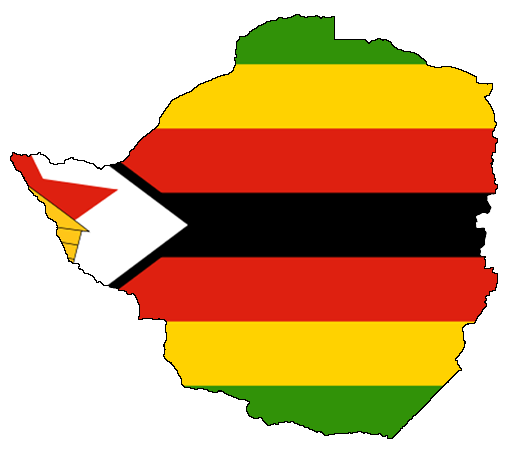
As a follow up to the thought-provoking article titled ‘Of Coolness, Clarion Calls‘ which appeared in The Standard of January 12, I thought Zimbabwe needs cool strategic thinkers to take the country forward.
Guest Column by Hardson Kwandayi
It is very common to hear many people saying that Zimbabwe needs good strategies to escape from the current economic and political quagmire. Others say that apart from having strategies, Zimbabwe needs strategic thinkers, but what is not clear is the extent to which the concept of strategic thinking is understood by the generality of the people. Since the concept appears elusive for many a people including scholars, I thought I should share a few thoughts with readers especially on the main difference between strategic thinking and strategic planning.
This is important because in my view some of our problems as a country are due to lack of strategic thinking not just planning. Other countries have excelled because they are well endowed with strategic thinkers – who think and meditate, looking for solutions to solve critical and relevant national problems.
A lot of research world-wide has identified lack of strategic thinking among top leaders and management as a major barrier to organisational performance. Where there is strategic thinking, better decisions have been made and greater value provided to stakeholders and clients. For example, Econet’s leadership appears to employ strategic thinking in its business ventures as evidenced by their ever-growing and successful business. Several East Asian countries popularly known as the Asian Tigers also appear to apply strategic thinking in their public sector management as demonstrated by their excellence in economic development.
However, some of our private and public sector organisations in Zimbabwe appear clueless and void of strategic thinking. There are several possible reasons for this lack of strategic thinking. These include lack of understanding of strategic thinking as a concept, the wrong assumption that strategic planning translates into achievement of organisational goals, and dearth of strategic thinking among organisational leaders, both in government and the private sector.
In short, there is serious lack of strategic thinking at the top of most organisations in Zimbabwe. What most of us know is just to use the word “strategic” in our daily discussions and speeches. Hardly a speech or conversation ends without mentioning the word “strategic”, but it ends there.
Most organisations today have strategic plans and they feel a great sense of achievement by mere having these documents even if they rarely refer to them in their day-to-day operations. In fact, in most organisations, strategic plans are gathering dust on shelves.
- Chamisa under fire over US$120K donation
- Mavhunga puts DeMbare into Chibuku quarterfinals
- Pension funds bet on Cabora Bassa oilfields
- Councils defy govt fire tender directive
Keep Reading
Most of these plans were just designed to meet statutory requirements. One main reason for this state of affairs is that most of these strategic plans were prepared by consultants, some of whom just “cut and pasted” strategic plans of other organisations with minor adjustments here and there. Such strategic plans are not very useful because they were not derived from internal strategic thinking of leadership and management of their respective organisations.
My view is that strategic planning consultants should train management to be strategic thinkers and then allow the managers to formulate their strategic plans based on their continuous strategic thinking.
The ability to think strategically has long been considered a requirement for top management. However, as the complexity of the global environment increases, the ability to think strategically is also now required at even lower levels of organisations.
The main purpose of strategic thinking is to discover novel, imaginative strategies that ensure competitive advantage of an organisation. A strategy can simply be viewed as a course of action to achieve given goals. Strategic thinking is the hard work and glue necessary to bring ideas and issues together in order to enable planning, decision-making, and communication to take place. Kevin Yousie defines strategic thinking as a frame of mind, set of processes and range of competencies whereby individuals understand the strategic direction in which their organisation is headed, know the relevant and situational strengths, weaknesses, and challenges. Strategic thinkers also constantly scan the environment to identify opportunities and threats that should be pro-actively addressed.
Another way to understand the mindset of strategic thinkers is to look at the nature of questions they constantly ask. A strategic thinker will continuously ask questions such as — what is our vision and mission, what are our short and long-term goals, what is the local and global situation and how does it impact on our vision and mission, what are the key strategic or critical issues we must address in order to ensure a competitive advantage as firm or country?











